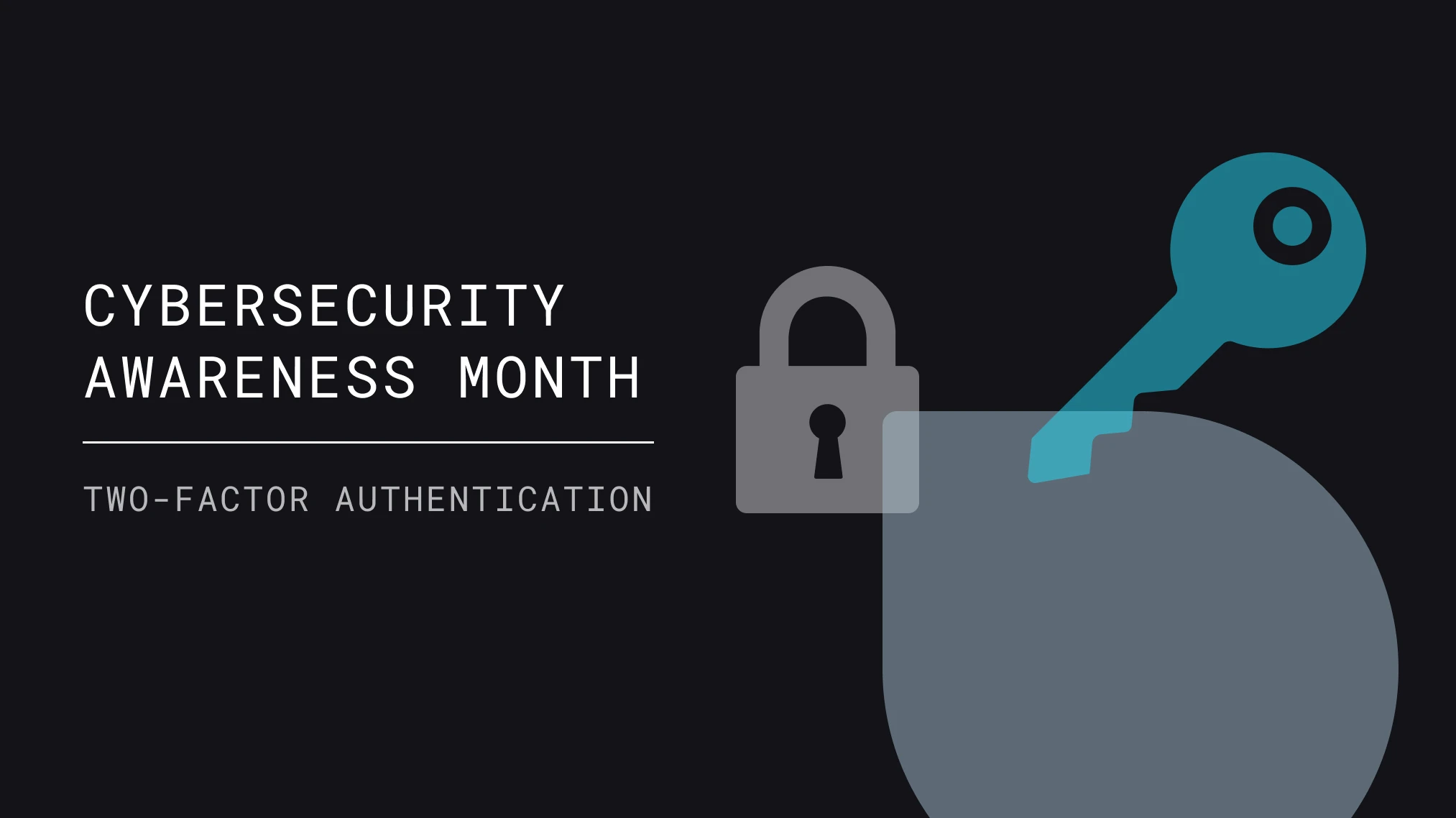Inicio del blog
INDUSTRY
OCT 22, 2020
Secure Your Accounts With More Than Just a Password

Last week we offered one piece of crucial advice from our security team: use hardware security keys to protect yourself online everywhere you can.
This week, as we continue to highlight Cybersecurity Awareness Month, we’re taking a step back to review why it’s more important than ever to ensure your online accounts have two-factor authentication enabled, and how setting up this second level of security on your online accounts can help keep you safe in a digital world.
More User Accounts Lead to More Risk
As the global workforce increasingly relies on the Internet, particularly during the COVID-19 crisis, we’ve seen people open more accounts online. More accounts means more potential for your username and password to become compromised.
The average user has more than 100 accounts linked to a single email address, all of which should have a unique password. Without a password manager many people are likely to reuse passwords across various accounts or use weak passwords that are easy to remember.
Attackers nowadays tend to be computer programs that are quick and effective at both figuring out weak passwords and helping convince unsuspecting users into handing over their credentials, typically through fraudulent emails. Known as phishing attacks, these fraudulent emails are among the most common threat vectors on the web.
Verizon’s RISK team noted in their annual Data Breach investigations report that, since at least 2017, more than 80% of data breaches have leveraged stolen or weak credentials. This data point may make it sound like users are primarily responsible for these breaches, but credentials can also be stolen from vulnerable websites without you even knowing about it.
Second Factors for Increased Account Security
Our current system of using passwords is inherently flawed. Your password is a secret that only you’re supposed to know, but the minute it is compromised, there’s little recourse until you’re notified of the breach. One way to protect your accounts is to use some form of second factor, which serves as a second layer of protection to ensure the security of your accounts.
If passwords are something you know, then a second factor (2FA) is something that you have. The actual thing-that-you-have for a second-factor can vary:
- it could be a cell phone, capable of receiving one-time passcodes after you’ve typed in a password
- it could be a security token, that either displays a one-time code or plugs directly into your computer, authenticating you to a website when you touch it
- it may also not even be a thing, like an email account through which you can receive codes or direct links to access a website
These 2FAs provide an additional layer of authentication, requiring you to have access to a device or application and use it to provide an extra credential that you wouldn’t know on your own.
Not all 2FAs are created equal, however. Tune in next week where we take a deep dive into the different types of 2FAs and how they stack up against each other.
In the meantime, we have partnered with hardware security key maker Yubico to promote staying safe online. Use the promo code YK20E-GEMINI20 for $20 off any two YubiKey Series 5 keys at checkout on the Yubico website. The promotion ends November 30, 2020, 11:59pm Pacific. You can learn more about hardware security keys here.
As we continue to focus on the security of Gemini customers, we wish you all a safe and secure Cybersecurity Awareness Month!
Onward and Upward!
Team Gemini